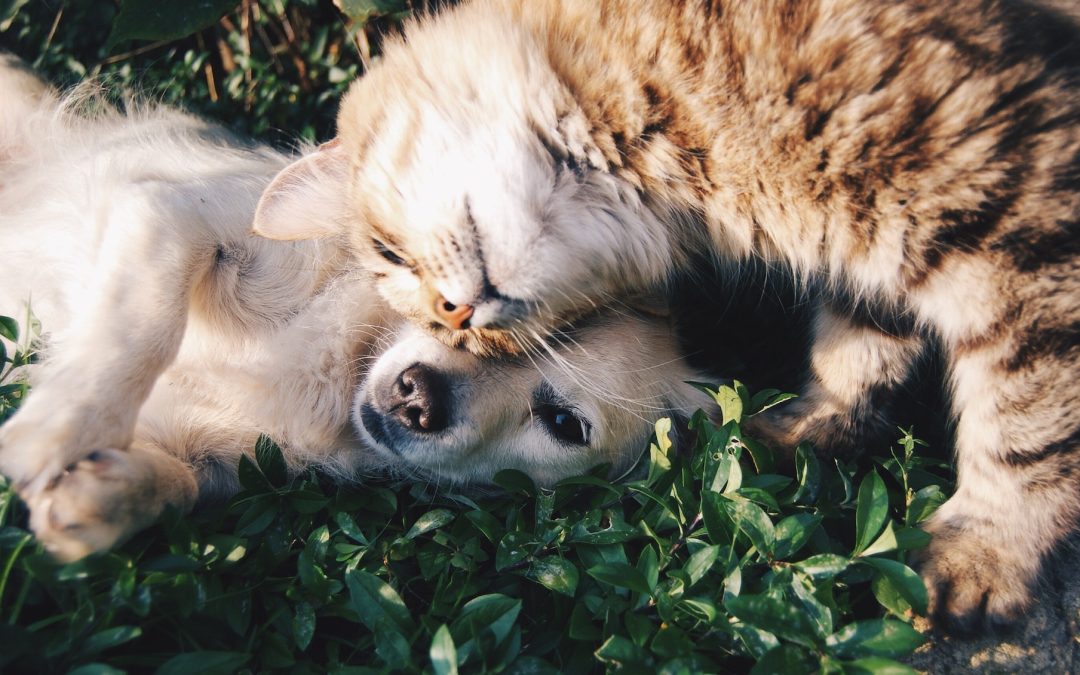Pets are family, and therefore an essential part of estate planning. A pet trust can provide peace of mind, knowing your pet will be well taken care of after your death. Learn more about creating a pet trust, and why a trust may offer more protections than other end-of-life planning.
Pet Trusts: Essential Info
There are several ways to provide for your pets should you become incapacitated or pass away, including a durable power of attorney or provisions in your will. But a durable power of attorney for pet care does not extend protections after your death. And you can only indicate a beneficiary for your pet in your will, not designate funds directly to your pet. Wills are also subject to probate. If complications arise, you don’t want your pet’s care to be interrupted in the process.
Pet trusts, however, provide specific, lifelong care for your pet. Additionally, pet trusts offer legal protections to ensure your wishes are carried out. If the caretaker you choose spends your funds on anything other than your pet’s care, they can face litigation.
A trust may be created to provide for the care of an animal alive during the settlor’s lifetime. The trust terminates on the death of the animal or, if the trust was created to provide for the care of more than one animal alive during the settlor’s lifetime, on the death of the last surviving animal.
– Florida statutes, 736.0408
It’s estimated that only about half of American adults have a will or trust. If you pass away without one, your pets will be allocated via Florida’s intestate succession laws. Tragically, many animals end up in shelters after their owners pass away. Creating a pet trust with an estate planning attorney can establish a loving and secure future for your pets.
What Should I Include in My Pet Trust?
It’s critical to choose dependable individuals or organizations as the caretaker for your pets. Successors should also be listed, should your original caretaker pass away or be unable to fulfill their duties. Beyond family and friends, consider pet rescues or wildlife sanctuaries. Some organizations have specific programs in place for pet owners in need of a pet trust caretaker. Our team works with a number of long-term pet care organizations, and we’re here to support you with your legacy planning.
When determining how much to allocate to your trustee, consider your pet’s needs over the course of their lifetime. Provisions may include:
- Veterinary expenses
- Pet insurance premiums
- Food and treats
- Medication
- Toys and enrichment
- Tanks, enclosures, and habitat accessories
One of the main benefits of a pet trust is that you can provide detailed care instructions for your animals. You can list specific instructions for their care, such as notes on daily rhythms, allergies, or medical conditions. You can also include contact info for their veterinarian.
In addition to your pet trust, we also recommend creating a pet emergency card. This may look like a card carried in your wallet, a key tag, or a sign or sticker displayed prominently in your home. Your pet emergency card can list information on your pet’s veterinarian, as well as caretakers listed in your trust or power of attorney.
Pets provide endless love, comfort, and joy. Call us to create a detailed plan to ensure a happy future for your furred, scaled, and feathered friends.


